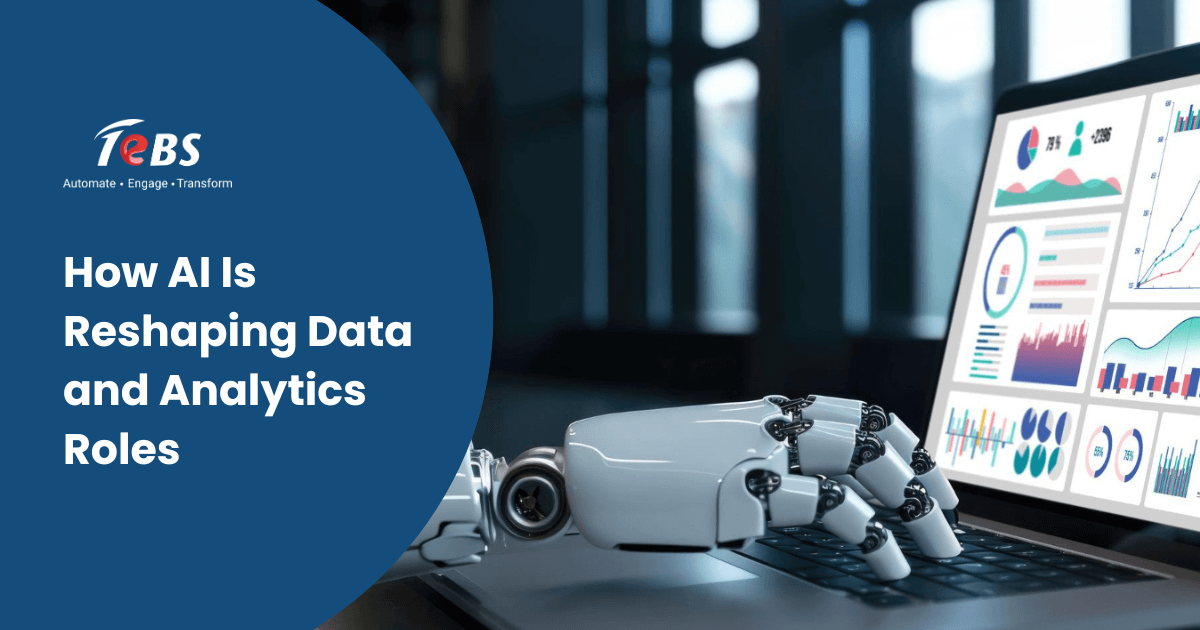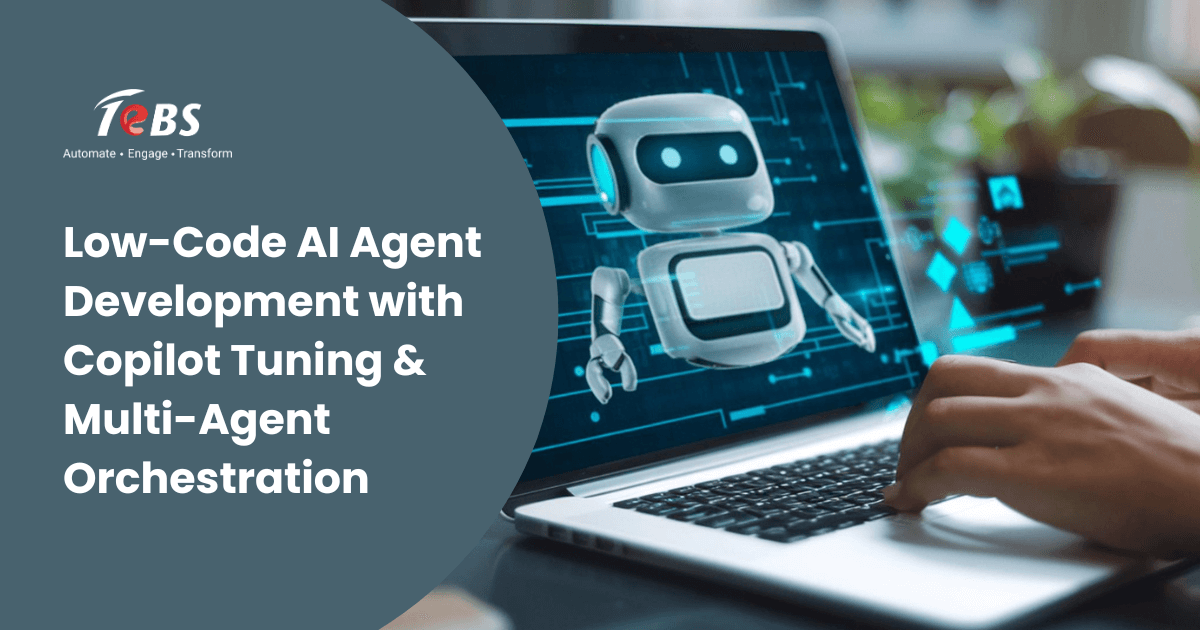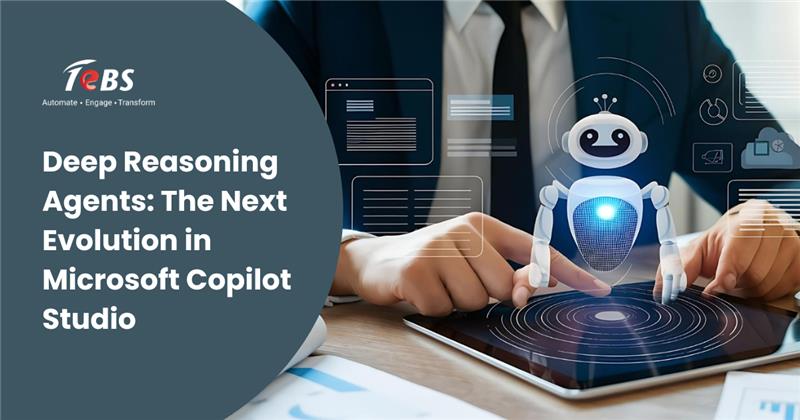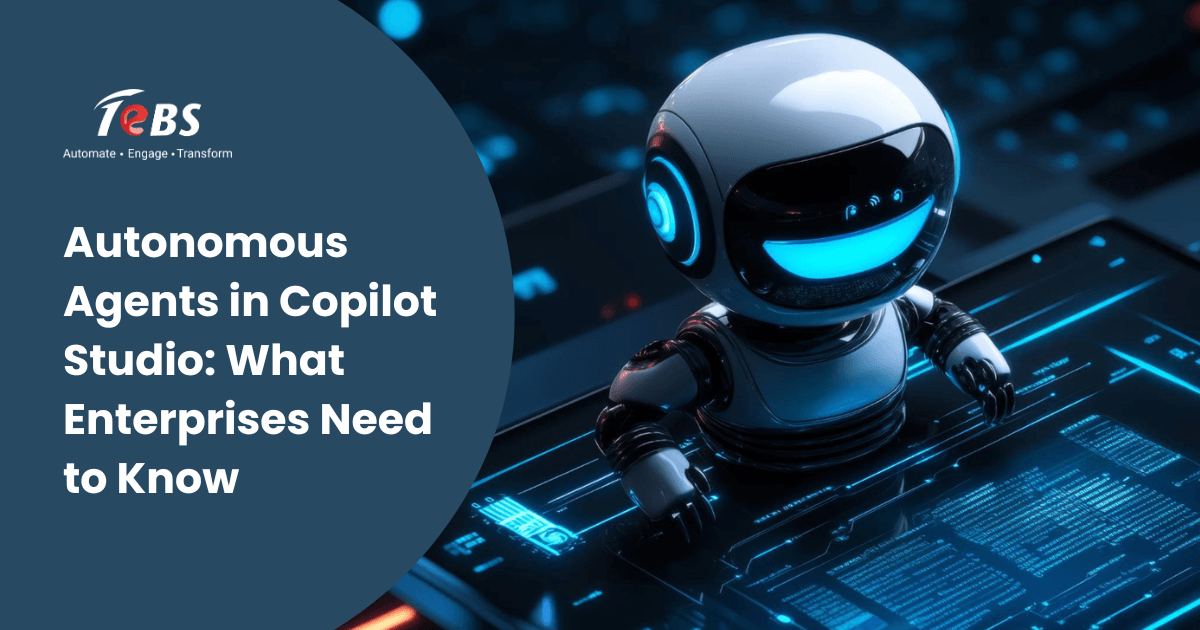Introduction to the Evolving Data and Analytics Landscape
Data has become the cornerstone of modern business decision making, shaping everything from strategic planning to operational optimization. Over the past decade, the role of data and analytics has evolved from generating static reports to delivering real time insights that inform critical business strategies. With the exponential growth of data volumes and complexity, organizations are seeking new ways to extract meaningful value from their information assets.
Artificial Intelligence (AI) has emerged as the most transformative force in this evolution. By automating data processing, uncovering patterns, and enabling predictive and prescriptive analytics, AI is fundamentally reshaping how data is analyzed, interpreted, and acted upon. This shift is not simply about adopting advanced technology; it represents a complete redefinition of the skills, roles, and strategies required to succeed in a data driven world.
AI’s integration into analytics workflows is accelerating the transition from descriptive analysis to proactive, decision centric intelligence. As AI Data analytics tools become more capable, the very nature of the work performed by data professionals is changing. This transformation is creating new opportunities while also demanding new competencies from those working in the field.
How AI Is Changing Analyst Job Functions
Traditionally, analysts were responsible for gathering data, cleaning it, and generating reports that answered specific business questions. These tasks were often manual, time consuming, and focused on retrospective analysis. Artificial intelligence automation have automated many of these foundational activities, allowing analysts to focus on higher value work.
With AI powered analytics platforms, data cleansing, integration, and anomaly detection can be handled automatically. Predictive models can identify trends before they are visible to human analysts. Natural language processing allows stakeholders to query complex datasets using conversational language rather than coding or SQL. As a result, analysts are now becoming strategic advisors rather than report generators.
Instead of spending the majority of their time preparing data, analysts are devoting more effort to interpreting AI generated insights, understanding business implications, and communicating recommendations to decision makers. This requires a combination of domain expertise, critical thinking, and the ability to translate technical results into actionable strategies for business leaders.
New Roles Emerging from AI Integration
AI’s deep integration into analytics has also given rise to entirely new job functions within the data ecosystem. These emerging roles are designed to bridge the gap between advanced technology capabilities and practical business application.
- Machine Learning Engineers – Specialists who design, train, and optimize machine learning models for specific business use cases.
- AI Data Curators– Professionals responsible for ensuring that data fed into AI models is accurate, relevant, and free from bias.
- Data Product Managers – Experts who manage analytics platforms and AI tools as products, ensuring they meet evolving business needs.
- AI Ethics Specialists – Professionals who oversee responsible AI use, ensuring compliance with ethical guidelines and regulatory requirements.
- Conversational Analytics Designers – Specialists who design natural language interfaces for analytics systems to make insights more accessible to non technical stakeholders.
These roles reflect the shift from traditional static analysis to a more dynamic, AI powered environment where insights are generated in real time and tailored to specific business needs.
Discover how AI is enhancing both client-focused care and streamlined operations in the healthcare sector through our AI‑empowered care and operational efficiency case study
Skills in Demand for the AI Powered Future
As AI transforms analytics, the skills required for success are evolving rapidly. While traditional skills such as statistical analysis, SQL, and AI data visualization remain relevant, professionals now need to complement them with AI related competencies.
- Machine Learning and Predictive Modeling (h3) – Understanding algorithms, model training, and how to apply them to solve business challenges.
- Data Engineering (h3)– Designing pipelines and workflows to efficiently feed AI models with quality data.
- AI Tool Proficiency (h3) – Familiarity with AI powered analytics platforms such as Azure Machine Learning, Google Vertex AI, or AWS SageMaker.
- Data Storytelling (h3)– The ability to present AI driven insights in a clear, compelling narrative that influences decision making.
- Ethical AI Awareness (h3) – Understanding potential biases, fairness issues, and compliance requirements when implementing AI solutions.
- Domain Expertise (h3)– Industry specific knowledge that enables more relevant and actionable analytics.
The most valuable professionals will be those who can combine technical expertise with strategic thinking and communication skills. This blend of abilities will allow them to not only operate AI powered tools but also translate their outputs into business value.
Organizational Shifts in Data Strategy
AI is not just transforming individual roles; it is driving significant changes in how organizations approach data strategy as a whole. Businesses are moving away from siloed analytics teams toward integrated, enterprise wide analytics functions that embed AI into core operations.
Data strategy is increasingly focused on enabling continuous intelligence—the ability to monitor, analyze, and act on data in real time. This requires a strong foundation of data governance, cloud based infrastructure, and AI driven automation. Organizations are also prioritizing scalability, ensuring that analytics capabilities can grow alongside business needs without requiring major reinvestments.
AI’s influence is also leading to more democratized access to analytics. Self service AI powered platforms allow employees at all levels to query data, visualize trends, and make informed decisions without waiting for specialized analysts. This democratization fosters a culture of data driven decision making, but also necessitates strong governance to maintain data quality and consistency.
According to Gartner, aligning AI-driven analytics with business strategy is essential for unlocking data value at scale, requiring organizations to rethink governance, data ownership, and performance metrics.
Preparing Teams for AI Driven Analytics
The transition to AI driven analytics requires deliberate preparation. Organizations must invest in both technology and talent to ensure that teams are ready to leverage AI effectively.
Key steps for preparing teams include:
- Upskilling and Reskilling Programs – Providing training in AI technologies, machine learning concepts, and AI powered analytics tools to current staff.
- Cross Functional Collaboration – Encouraging analysts, engineers, and business leaders to work together to align AI capabilities with business priorities.
- Establishing Governance Frameworks – Creating guidelines to ensure ethical, transparent, and compliant use of AI in analytics.
- Piloting AI Initiatives – Starting with focused projects that demonstrate value before scaling to enterprise wide adoption.
- Change Management – Supporting employees through the transition by communicating benefits, addressing concerns, and providing continuous learning opportunities.
By fostering a learning oriented culture, organizations can position their teams to not only adapt to AI driven analytics but also to thrive in this new environment.
Conclusion
AI is fundamentally reshaping data and analytics roles, moving them away from manual data processing and toward strategic, insight driven decision support. Analysts are evolving into trusted advisors who interpret AI generated insights and guide organizational strategy. New roles such as machine learning engineers, AI ethics specialists, and conversational analytics designers are emerging to meet the demands of this transformation.
The skills landscape is shifting toward a combination of technical proficiency, domain expertise, and the ability to communicate complex AI driven insights clearly. Organizations are rethinking their data strategies to embrace continuous intelligence, democratized analytics, and integrated AI capabilities. Preparing teams through targeted upskilling, collaboration, and governance is essential for long term success.
Businesses that embrace AI driven analytics will be better equipped to respond to market changes, uncover new opportunities, and make decisions with greater speed and accuracy. As AI continues to evolve, its integration into data and analytics will only deepen, shaping the future of business intelligence.
For organizations seeking to unlock the full potential of AI powered analytics and prepare their teams for the future of data driven decision making, TeBS AI Service offers tailored AI and data services designed to deliver measurable business value.
Contact us at [email protected] to explore how we can help you build an AI ready analytics capability that drives sustainable growth.
Frequently asked questions
How is AI changing the role of data analysts?
AI automates repetitive tasks such as data cleansing, integration, and anomaly detection, allowing analysts to focus more on strategic advisory roles. Analysts now interpret AI-driven insights and translate them into actionable business strategies.
What new jobs are emerging because of AI in analytics?
AI adoption has created roles like machine learning engineers, AI data curators, data product managers, AI ethics specialists, and conversational analytics designers, each bridging technology with business outcomes.
Which skills are most in demand for AI-powered analytics careers?
Key skills include machine learning, predictive modeling, data engineering, AI tool proficiency, ethical AI awareness, domain expertise, and data storytelling to communicate insights effectively.
How does AI affect organizational data strategies?
AI is driving a shift toward continuous intelligence, real-time decision-making, and democratized access to analytics. Businesses are adopting integrated strategies that embed AI into operations while ensuring governance and scalability.
What steps should businesses take to prepare teams for AI-driven analytics?
Organizations should focus on upskilling programs, fostering cross-functional collaboration, establishing governance frameworks, piloting AI initiatives, and implementing change management strategies to ease adoption.
How can small businesses leverage AI in their data analytics workflows?
Small businesses can start with affordable AI-powered analytics tools for customer insights, sales forecasting, and operational optimization. Beginning with small pilots and scaling gradually ensures measurable ROI without overwhelming resources.





